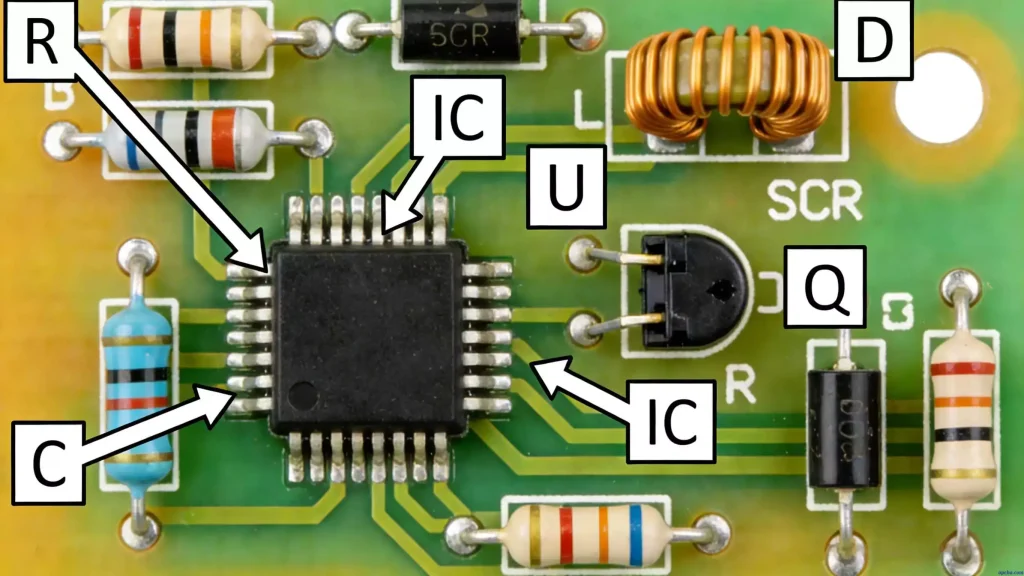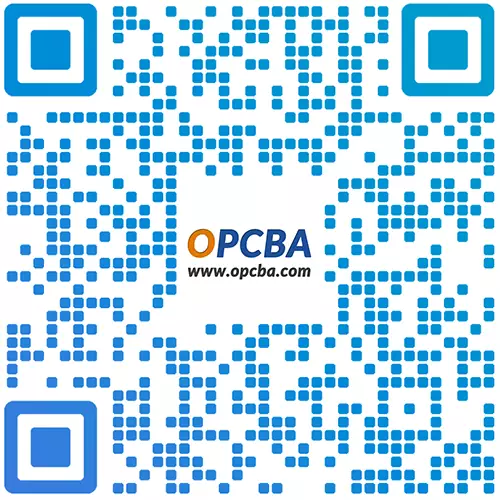The PCBA solutions refer to the Printed Circuit Board Assembly solutions, which involve assembling and soldering electronic parts and components onto a PCB board to form a complete electronic product.
The process of developing PCBA solutions
- Requirement analysis: In the early stage of PCBA solution development, it is necessary to communicate with customers, understand and analyze the product\’s functional requirements, performance indicators, design requirements, etc. Based on these analysis results, develop the basic requirements for the PCBA plan.
- Principle design: In the principle design stage of PCBA solution development, it is necessary to select chips and various components suitable for the product, and layout and connect them according to the functional requirements of the product. At the same time, simulate and verify the circuit to ensure the accuracy and reliability of the design.
- PCB design: PCB design is the core link of PCBA solution development, which requires the wiring, routing, and component layout of the PCB based on the results of principle design. At the same time, based on the size requirements and process requirements of the product, the thickness, number of layers, aperture and other parameters of the PCB board are determined, and the design file of the PCB board is produced.
- Component procurement: When developing PCBA solutions, it is necessary to purchase the required components based on the PCB design documents. When selecting components, not only should cost and performance be considered, but also factors such as the supply and substitutability of the components.
- PCB manufacturing: During the PCB manufacturing stage, process operations such as surface fabrication, copper coating, etching, drilling, and insertion are carried out. The manufacturing process must strictly control quality to ensure that the quality of the PCB board meets the design requirements.
- PCBA assembly: The next step in developing the PCBA solution is to solder and assemble the components. By using SMT and wave soldering techniques, components are pasted or soldered onto PCB boards, and welding quality is detected and tested.
- Functional testing: After completing welding assembly, conduct overall functional testing and performance verification. During the testing process, it is necessary to check the connectivity and electrical characteristics of each component and circuit to ensure the quality and stability of the product.
- Product debugging and optimization: Based on the test results, debug and optimize the PCBA to further improve the performance and reliability of the product. At the same time, conduct relevant electromagnetic compatibility and environmental adaptability tests to ensure that the product can meet various working environment requirements.
Key elements of PCBA solution development
- Technical team: PCBA solution development requires a professional technical team, including electronic engineers, circuit designers, software engineers, etc. They need to have rich experience and technical skills to complete the development work of PCBA.
- Equipment and tools: The development of PCBA solutions requires the use of various equipment and tools, such as welding equipment, testing instruments, simulation software, etc. The progressiveness and accuracy of these equipment and tools are directly related to the efficiency and quality of PCBA program development.
- Quality management: Quality management is crucial in the development process of PCBA solutions. It is necessary to establish a sound quality system and conduct strict quality control and testing to ensure product consistency and stability.
- Supply chain management: The development of PCBA solutions requires collaboration with numerous suppliers, including component suppliers, PCB manufacturers, etc. The selection and management of suppliers can effectively control costs and increase production capacity.
Application areas of PCBA solution development
The stability and reliability of PCBA solutions are crucial to the performance and quality of products, and therefore have important applications in various fields. The development of PCBA solutions is an important part of the electronic product manufacturing process, involving multiple aspects such as requirement analysis, principle design, PCB design, component procurement,
PCB manufacturing, welding and assembly, functional testing, product debugging and optimization. Through a scientifically reasonable PCBA solution development process, it is possible to efficiently and accurately meet customer needs and provide high-quality PCBA products.
OPCBA provides customers with a one-stop service from PCBA solutions to product manufacturing. Our PCBA solution development is widely applied in various fields of electronic product manufacturing, such as communication equipment, home appliances, industrial control equipment, automotive electronics, etc.




